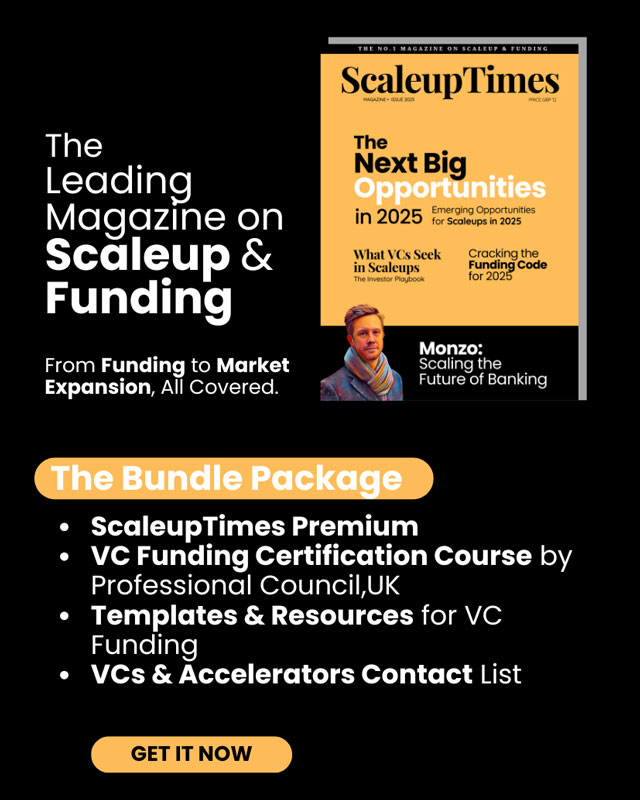The funding game is shifting. Not just in how capital is raised, but in what it stands for.
By mid-2025, the world of startup investment has grown sharper, more intentional, and—for better or worse—more demanding. The past few years of frothy valuations and hypergrowth-at-all-costs left behind a trail of overfunded, underperforming ventures. The result? Investors have recalibrated.
Today’s capital is looking for something deeper: resilience, clarity, and a long view. Investors are no longer just backers—they’re builders. And for founders, this shift is both a challenge and an opportunity.
From Capital to Commitment
What once was a transactional relationship has become more like a co-founder dynamic. Investors in 2025 are stepping in earlier, staying longer, and asking harder questions—not to slow founders down, but to future-proof them.
"We don’t just want to know your product vision anymore,” says Mira Sen, a general partner at Axis Nova. “We want to know how you’ll handle churn, price compression, regulatory shifts. The whole arc of resilience matters now.”
For startups, this means more than just having a sharp deck or compelling story. It means building a company with substance—where growth is not just explosive, but sustainable.
The Rise of “Operator Capital”
One of the most defining traits of this new wave of investing is the rise of operator-investors—former founders, product leaders, and growth heads turned VCs. Their mindset is different. They don’t just invest in metrics; they invest in momentum, grit, and founder clarity.
These investor-operators bring in what early-stage founders crave most: domain expertise and tactical firepower. From building go-to-market engines to optimizing onboarding funnels, their impact is tangible and immediate.
And in a market where rounds are smaller but expectations are higher, that kind of hands-on support is priceless.
The New Investment Thesis: Calm in the Chaos
In a world shaped by economic instability, climate urgency, and exponential tech change, investors are no longer asking, “How big can this get?” They’re asking, “How strong is the core?”
That’s why capital is flowing into startups that don’t just chase trends—but solve for volatility. Climate adaptation tech, resilient logistics, risk-aware fintech, and verticalized AI platforms are emerging as investor favorites—not just because they’re innovative, but because they answer real, systemic challenges.
And behind every investment decision is a new kind of thesis—one that prioritizes durability over dazzle.
Patience Is the New Premium
The average Series A now takes longer to close. Due diligence is deeper. And while deal volumes are lower, the quality bar is higher.
In this more disciplined environment, capital is still very much available—but it comes with expectations. Startups that win investor confidence in 2025 tend to share a few traits: thoughtful growth, clean cap tables, responsible spend, and a narrative that looks beyond the next round.
There’s also a cultural shift: investors are rewarding founder transparency more than ever. “We’d rather back someone who’s honest about their blind spots than someone who pretends to have it all figured out,” says Julian Meyer, an angel investor active in climate tech.
Final Thoughts: Redefining the Founder-Investor Equation
The founder-investor dynamic in 2025 is no longer just about money and milestones. It’s about shared accountability, aligned vision, and long-haul thinking. Investors want to be part of companies that earn their scale—not stumble into it.
For founders, this moment is a turning point: a chance to build not just fast, but forever.
Because in this new era of venture, the best funding isn’t just fuel. It’s a partnership.














